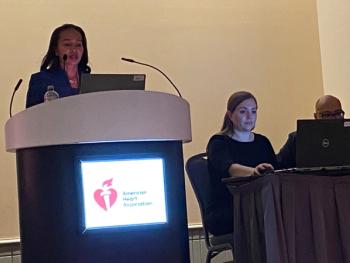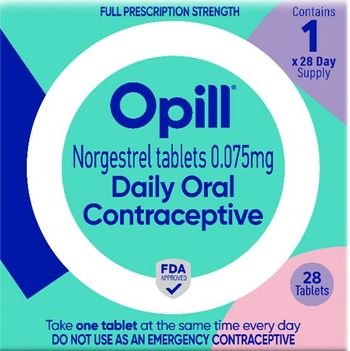
Patient Pact
DEAN F. NELSON, MD, was the first board-certified obstetrician and gynecologist in the state of Utah. Not only was he the first, he also was one of the best when it came to connecting with patients and really understanding them, recalls his son, American Medical Assn. (AMA) President John C. Nelson, MD, MPH.
His father's careful nurturing of the doctor-patient bond didn't escape Dr. Nelson's attention.
"My father recognized how crucial this relationship was to the patient's overall wellness," Dr. Nelson says.
Not surprisingly, Dr. Nelson's memories always revolve around patients. His voice rises when he candidly recalls telling an infertility patient that she's pregnant. It flattens when he remembers informing a woman she has breast cancer.
"The poignancy of those individual moments is unbelievable," Dr. Nelson says. "They are stuck in my heart with such a force, that they can never go away. I can see their faces; remember their names and remember the circumstances. It's just amazing."
With this kind of legacy firmly planted beneath him, you can also understand why Dr. Nelson is concerned about today's healthcare landscape. He's watched an erosion between patient and physician occur.
Q. AMA is leading the fight to revise medical malpractice laws and wants caps on damages, but it is said that the Senate will never approve that. What will it take to get liability reform?
A. Never say "never." AMA has worked long and hard leading the nation's fight for medical liability reform in Congress and states nationwide. We will be relentless in our quest for medical liability reform for America's patients and physicians.
The AMA supports reasonable national reforms that have proven successful in protecting patients' access to care by stabilizing professional liability insurance increases. A model of these reforms, the Medical Injury Compensation and Reform Act (MICRA), has been working in California for nearly 30 years.
So far a minority of U.S. Senators has blocked national MICRA-like reforms through a series of Senate filibusters, but the AMA will continue to fight for national reforms.
In addition, the AMA's two-pronged advocacy approach includes direct support for our state medical societies and their plight for reforms.
Our combined efforts have helped lead to reforms in Florida, West Virginia, Ohio, Mississippi, Nevada, Texas and Oklahoma. We also helped Wisconsin successfully defend its cap on non-economic damages before the state Supreme Court.
Ultimately, we will pass national medical liability reforms because the vast majority of Americans support reform. An overwhelming 72% support a law that caps "pain and suffering" awards.
Newsletter
Get the latest industry news, event updates, and more from Managed healthcare Executive.























